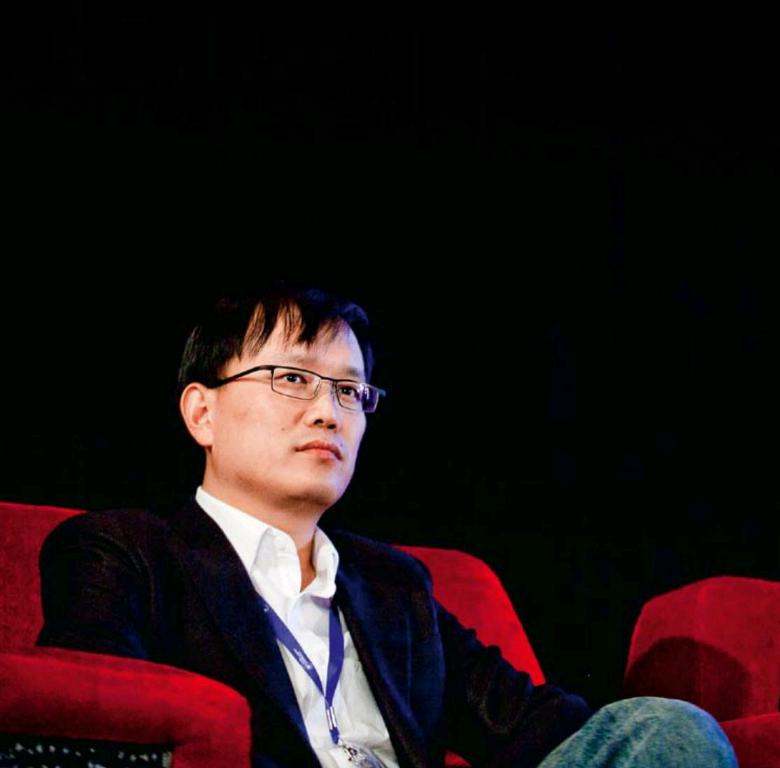Wang Gaofei:Getting Social
2014-09-11byXuanKang
by+Xuan+Kang
In 2000, after graduating from Peking Universitys Department of Computer Science, Wang Gaofei landed his first job with Sina. Located in Zhongguancun, the young, fragile two-year-old internet company faced an unpredictable and not-sooptimistic future.
However, with Zhongguancun as representative, China was already at the gate of the information era. Society was already identifying the evolution from the industrial age to the information age. And Zhongguancun showed great potential. In 1998, Microsoft settled in the Beijing area and announced that it would invest $800 million over the following six years to find 100 top researchers. This announcement stirred heated discussions, and was even dubbed the “war for talent in Chinas Silicon Valley” by some media outlets.
With dreams of the information age, talented Wang embraced Sina and has stayed with the company ever since. For a long time after he joined Sina, Wang served as an engineer, but eventually began overseeing the companys wireless department. Since 2009, Wang has been actively involved in the development of Weibo, the Chinese version of Twitter, which was developed by Sina. Today, he is the CEO of Sina Weibo.
Sina Weibo is one of the most-used and most popular Chinese social media services. After Twitter boomed in the US in 2006, a handful of similar applications quickly emerged in China. But not until September 2009, when Sina Weibo went live for beta testing, did the development of Chinese microblogging hit the fast track. On April 17, 2014, Sina Weibo was listed on NASDAQ, becoming the first publicly traded Chinese social media company. According to official statistics from Sina Weibo, by March 2013, its registered users had reached 540 million. By December 2013, its monthly active users tallied 130 million.
The success of Sina Weibo was not accidental by any means. Wang attributes the companys success to its focus on “intermediate business,” which means that it only serves as a platform to aggregate information, rather than producing or consuming it directly.
Wang insists that rules for internet companies should be universal. Chinese internet enterprises should provide customers with the same standard service aligning with unified international rules, rather than differentiating on purpose.
As for WeChat, a Chinese mobile social media service from Tencent which has become a huge hit in the last two years, Wang holds no grudges or regrets. He believes that many Chinese internet enterprises can develop alongside each other in the social media market. In the long term, Chinas social media market should become more diversified or multi-polarized.